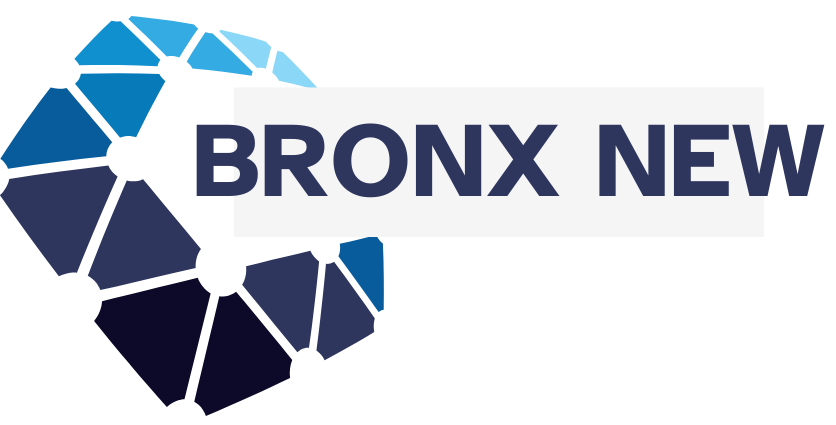Top Credit Card Issuers in the US
- Chase: Known for award-winning cards like Sapphire Preferred® and Freedom Unlimited®, with versatile Ultimate Rewards® points.
- American Express (Amex): Offers premium travel and cashback cards (e.g. Platinum®, Blue Cash Preferred®) and prepaid products like Serve®.
- Capital One: Home to flat-rate cashback cards like Quicksilver® and accessible secured credit builders like Platinum Secured.
- Discover: Offers rotating 5% cashback categories (Discover it®), no annual fees, free FICO® scores, and U.S.-based service.
- Navy Federal Credit Union: Tailored for military families, offering low APRs, solid credit-building features, and personalized support.
Major Bank Credit Cards
Large U.S. banks (e.g. Citi, Chase, Bank of America) offer cards with sign-up bonuses, category rewards, and promotional APRs—ideal for consumers with good credit who consistently pay in full each month.
Self Credit Builder Secured Visa
The Self Visa is issued via a Credit Builder Account—an installment savings loan—requiring no hard credit check. You start with monthly payments (as low as $25/month), building savings while establishing credit history. The card reports to all three bureaus (Experian, Equifax, TransUnion). After 6+ months of consistent on-time payments, you may be eligible for Self’s unsecured “Self Plus” card and receive a credit limit increase—even without paying more into the deposit account.
Fintech or Online-Only Credit Card Issuers
Insurers like Petal, Chime, and Upgrade evaluate alternative data (income/banking), offering unsecured, no-fee cards that report to credit bureaus. They’re digital-first and ideal for rebuilding credit with simplified experiences.
Secured Credit Cards for Building Credit
Options like Discover it® Secured and Capital One Platinum Secured require a refundable deposit (often $200+), have $0 annual fees, and may offer cash-back rewards or automatic upgrades. These tend to provide better long-term value compared to Self.
Retail Store Credit Cards
Retail cards (e.g., Target RedCard, Amazon Store Card) offer store-specific perks or financing but carry high APRs, limited use, and fewer protections. They’re less flexible than general-purpose or secured credit cards.
How Credit Cards Impact Your Finances and Credit Score in the US
Building credit responsibly is essential to U.S. financial health. Keeping your credit utilization under 30% helps improve your FICO score, while consistent on-time payments build positive history—especially important for cards like Self. Carrying balances incurs compound interest, which raises debt and hurts your debt-to-income (DTI) ratio, impacting future loan approvals. The lack of rewards on promo cards like Self is offset by their ease of access and reporting—first-time users benefit most. Avoid stacking multiple applications, as hard inquiries temporarily lower your score. Always read the cardholder agreement, steer clear of unnecessary fees, and prioritize paying balances in full monthly.




